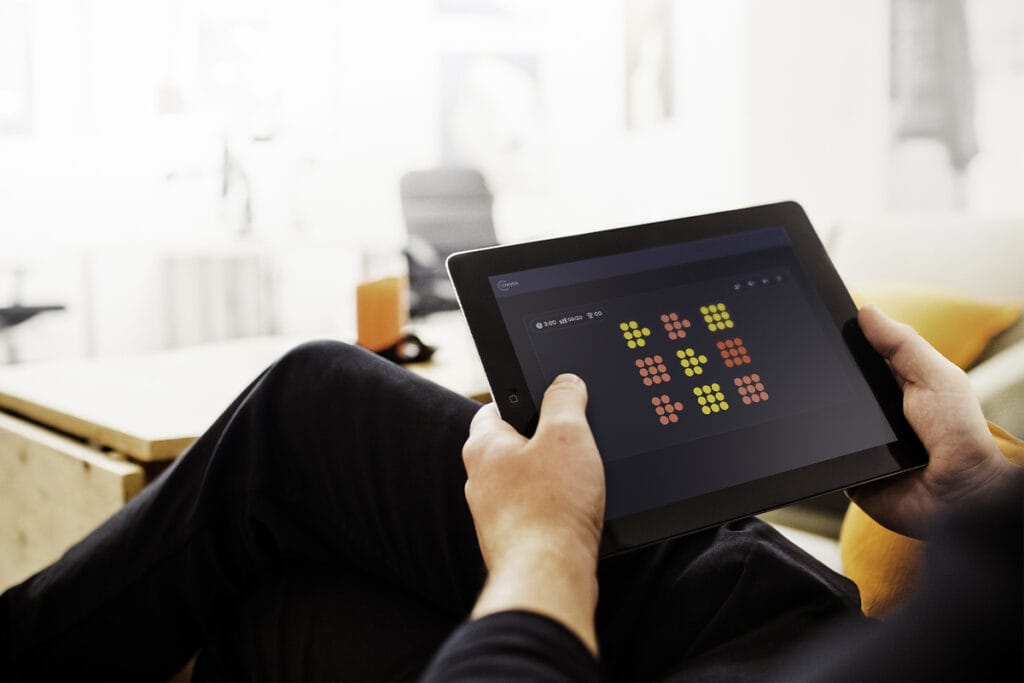[ad_1]
Creyos ramps up accessibility of know-how platform that goals to rework how mind well being is measured.
Mind well being measurement agency Creyos has launched important updates to its cognitive and behavioral well being evaluation platform to foster better accessibility and assist for sufferers, no matter their socioeconomic background or cognitive skill. Previously often known as Cambridge Mind Sciences, the corporate gives quite a lot of digital instruments, reminiscent of goal duties and condition-specific protocols, to help healthcare suppliers in early intervention and ongoing care administration for a variety of cognitive and behavioral situations.
With analysis displaying that older adults in underserved communities are 18% much less more likely to obtain well timed diagnoses for situations like Alzheimer’s illness in contrast with these in additional prosperous areas, Creyos’s new updates are supposed to satisfy the demand for extra inclusive healthtech options. By implementing multilingual audio steering, simplified directions and a streamlined interface, the corporate goals to deal with challenges confronted by traditionally underserved communities, together with older adults and sufferers from low literacy backgrounds, who usually encounter limitations to conventional assessments.


Professor Adrian Owen, Chief Scientific Officer at Creyos, emphasised that equitable well being care relies upon not solely on entry but in addition on affected person understanding of the evaluation course of.
“That is notably essential in situations the place early and exact detection could make all of the distinction – like dementia,” he mentioned. “When sufferers absolutely perceive what’s anticipated of them, we obtain extra correct, dependable outcomes, that are very important for efficient prognosis and remedy. It’s not nearly offering entry; it’s about equipping suppliers with the correct instruments to drive higher medical choice making and affected person outcomes.”
The Creyos platform guides sufferers via simplified onboarding steps with directions tailored to low literacy ranges, together with tutorials that incorporate visible, audio and tactile components to accommodate a variety of studying kinds. The platform’s design changes additionally enhance usability for people with particular wants, together with distinction enhancements for colorblind customers, bigger textual content choices, multilingual assist and an general much less visually demanding interface fitted to sufferers with mind accidents or restricted technical expertise. These modifications uphold the Net Content material Accessibility Tips (WCAG), guaranteeing a user-friendly expertise with out compromising the scientific validity of the assessments.
Marc Lipton, Creyos’s President and CEO, burdened the societal value of underdiagnosed cognitive well being points.
“The updates we’ve made to the affected person expertise are designed to make sure that nobody who wants screening, diagnostic assist, evaluation, or ongoing monitoring slips via the cracks,” he mentioned. “This isn’t nearly serving to particular person sufferers; it’s about elevating our collective understanding of cognitive impairment. Extra correct, goal information results in better-informed doctor interventions, each now and sooner or later.”
The platform’s updates additionally prolong to the structural design of duties and questionnaires, which have been refined for readability and ease. Duties keep their authentic integrity to make sure constant scientific outcomes, whereas enhanced accessibility options embody bigger fonts, improved distinction and simplified navigation freed from pointless visible distractions. Questionnaires have been redesigned, providing a extra concise and readable format with scrollable views and context-sensitive data via pop-up modals for added readability. These changes all goal to facilitate faster, clearer assessments, enabling suppliers to extra effectively display, diagnose and monitor cognitive and behavioral well being.
READ MORE: Our exclusive interview with Professor Adrian Owen.
Photos courtesy of Creyos
[ad_2]
Source link




